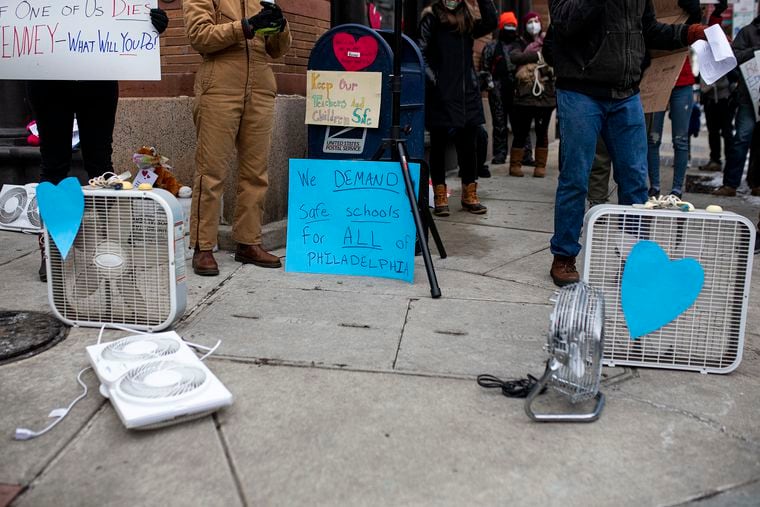New Hampshire lawmakers have always been picky about sticking to our license plate tagline, but they have rarely strayed further from Live Free or Die than when they opposed the right to repair movement.
This loose coalition has been fighting for years the increasing corporate practice of making it difficult or impossible for individuals and independent businesses to work on the items we buy and forcing us to either pay them for repairs or just buy scrap and new ones.
Repair manuals and required software codes are kept secret, especially from John Deere’s farm equipment arm; Special tools are required for no reason; and devices are entirely designed to prevent repairs, such as Apple’s outrageous move to the latest iPhone that broke FaceTime when an unlicensed store replaced a broken screen.
You’d think the Granite State lawmakers would fight back. They should take local control of the things we buy and put a “right to repair” into state law to ensure that people can fix or improve our things – or break them if you like me Fumble fingers are, but that is the price of freedom.
Instead, lawmakers have repeatedly bowed to claims that this would interfere with existing business models and, like virtually all American lawmakers, abolished bills to make it a little easier for people to work on things we money for have paid. That won’t change in 2022, as no bills on repair law have been put in place and GOP-dominated legislation shows no sign of listening to such concerns.
So it was a pleasant surprise – a shock, indeed – when one of the worst corporate sinners suddenly turned 180 earlier this month. Apple, which had already reversed its broken FaceTime decision in the face of public outrage, announced it would sell parts and tools so people can do some repairs, as well as providing the necessary documentation. It was the approximate equivalent when PETA opened a chain of barbecue grills or Tesla endorsed widespread bus drivers.
“This may or may not be of significant value to consumers, but it is tremendously valuable to those of us who support Right to Repair. It’s a huge cave. After Microsoft announced it was working on more repairable product designs, it looks like we’re making big tech inconvenient enough to take action, ”Gay Gordon-Byrne, executive director of The Repair Association told me in an email . This group at Repair.org is at the center of the movement.
“The important part isn’t the details, but that they previously insisted on keeping consumers safe from harm and cybersecurity by blocking repairs. The FTC had already dubbed this tactic “balderdash,” and even if lobbyists advance the argument, it is very clear that the argument does not hold up. I think I remember pretty much the same thing was said in NH, ”he wrote.
Indeed it was. Here’s how I put it in a 2019 article about a State House hearing on a repair law bill that eventually died:
“If you want to be afraid of living in your own house, I can suggest that you attend a hearing on the Right to Repair Act. … industry representatives tell you that your smoke detector (if it fails), your refrigerator (if food is spoiled because the door-left alarm does not work), your washing machine (if the lid lock is deactivated and you fall in), Your cooking area (if the heating control goes wrong) and almost everything with a lithium-ion battery. “
It is of course true that people who tinker with equipment produce poor results, just like letting people ride bikes without helmets. But that doesn’t seem to be a reason enough to restrict our freedom.
Today, private companies, not our elected government, are setting the pace for public action. I’m not a fan of this change, but this might be an exception that proves the rule. If other companies are following Apple’s example, lawmakers’ follow-up is less important.
But it’s still important. Amid the festivities in the land of rights to repair, there is a lot of caution with Apple’s decision. As author Cory Doctorow put it, “They didn’t give in because they saw independent repairs as a legitimate or desirable activity – they surrendered because the open, declared war on repairs cost the company more than it did from monopoly repair price gouging withdrew. “
As the spreadsheet changes over time, Apple’s decision will change too. Enjoy it while you can.
